It was rather sly of George Abaraonye to move the motion of no confidence in himself as president-elect of the Oxford Union. He said it was an act of “true accountability”, but it seemed to me more a sense of false virtue.
The ballot question was: “Should George Abaraonye, President-Elect, be removed as an Officer of the Society?” The franchise wasn’t limited to current students or those in the environs of Oxford who could conveniently vote in person, but was extended extraordinarily to potentially thousands of life members all over the world who could vote by proxy. This was at the request of the standing committee – at quite short notice – and has been the cause of considerable confusion and chronic delay.
The problem was that life members do not all have membership cards (these do get lost over the decades) and so were permitted either to vote in person with photo ID, or email proof of ID with matriculation details to the single extraordinary returning officer (to whom I shall return). Still, many alumni who live in or around Oxford and who went along to the Goodman Library to vote in person were turned away because their past memberships couldn’t be corroborated manually from central ledgers. Those who were turned away included Baroness Deech (a former head of house), Lord Moynihan of Chelsea, and former presidents of the Union Viscount Hailsham and Melanie Johnson (despite photographic evidence adorning the walls). Scores of others were similarly prevented from voting on account of lost records. Shambolic.
Abaraonye’s supporters have been challenging every proxy vote cast by email to ascertain whether the senders were ever members. It is of course perfectly reasonable to seek to prevent electoral fraud, but cross-checking a thousand votes can take some time given that dusty ledgers from the 1960s and 1970s seem to have disappeared altogether. The standing committee knew this and should have foreseen the chaos it might cause. The validity of the vote has been further undermined by unconfirmed reports that the extraordinary returning officer gave other students – some distinctly partisan in the proceedings – access to his email inbox. There was no way of knowing if proxy votes were tampered with, deleted or even received.
Unsurprisingly, amid allegations and counter-allegations of procedural irregularity, it is hard to see how the returning officer and extraordinary returning officer were able to confirm a safe and fair result at all. Proceedings were also informally suspended at noon yesterday because of “an impossible working atmosphere”; the extraordinary returning officer having been “subjected to obstruction, intimidation and unwarranted hostility by a number of Representatives”.
And then came the first dramatic twist worthy of Conclave. In a meeting of the standing committee, which Abaraonye was permitted to attend as president-elect, he and his supporters moved a revenge motion of no confidence in the current president, Moosa Harraj, for allowing alumni to vote on Saturday. And they came prepared (very) with the requisite 150 signatures, so that vote will take place on Thursday. All this was decided before even starting to count Saturday’s no confidence vote.
Another twist came this morning, after white smoke had seemingly finally emerged. Abaraonye had been voted out (or “resigned”, as it is deemed) according to Donovan Lock, the extraordinary returning officer, with the motion which needed a two-thirds majority being accepted, 1,228 to 501. But Abaraonye has now said he will contest the decision. In a statement this morning, his camp said that his opponents had access to Lock’s email account to which the proxy votes were sent: “We do not know if or how many proxy votes have been tampered with… George Abaraonye remains the President-Elect per the Oxford Union rules. According to Rule 47(h)(v), the result of a confidence ballot cannot accepted until disciplinary appeals have been resolved”.
This whole sorry saga is such an Oxford farrago. Perhaps we could have read the runes when email signatories to the motion of no confidence discovered they had to copy in Abaraonye as the mover of the motion, conveniently providing him with a database of a couple of hundred names and contact details of those who wanted to oust him. His supporters have also been able to see the names of those who voted by proxy, including influential public figures, thus breaching the secret ballot.
Since news circulated of his moment of ecstasy at the shooting of Charlie Kirk last month, Abaraonye has been trying to redeem himself with exculpatory excuses. His celebratory comments on Instagram and WhatsApp were “poor judgment”, he “reacted impulsively”, his words have been widely “misrepresented”. He also said that his remarks (“Charlie Kirk got shot, let’s f***ing go”; “Charlie Kirk got shot loool”) “did not reflect my values” – which is strange because the impulsive reaction is usually a rather accurate reflection of a person’s values. He even claims to have become a victim of “cancel culture”, which is also odd given that he was the mover of the motion and so canceled himself.
Toby Young was of the view that Abaraonye “should not be penalized by the Oxford Union or the university for saying something offensive but perfectly lawful. That’s free speech”. I agree that he shouldn’t be disciplined by his college or the university, but the Oxford Union has every right to expect elected officers to uphold its institutional ethos. It is indeed a bastion of free speech, and Abaraonye is perfectly free to express his views. But he does not then have the right to hold the office of president if he believes, as it appears to me, that political assassination and violent revolution are justified when the ballot box and free speech are deemed to have failed.
It may be “perfectly lawful” to express such a view, but it would rightly disqualify him from holding a number of positions in public life, including, I believe, one that seeks to advance education through free speech and expression. He has damaged the interests of the Oxford Union and brought it into disrepute. Free speech can have perfectly justifiable consequences, and 1,227 members evidently agree with me.
Some of Abaraonye’s allies have been framing the attempt to remove him as “racist”. According to the Oxford branch of Stand Up To Racism: “If this racist campaign to depose George is successful it will further embolden fascists and the far right.” I’d say that’s a good example of what I call “censory smearing”: tarnishing Abaraonye’s critics with unpleasant character smears to shut them down. But I’m not going to be shamed into doubting motives or thinking that the desire for Abaraonye to be removed as president-elect was based on anything but a concern for the reputation and standing of the society. As for “racism”, it is worth noting in passing that another screenshot from one of Abaraonye’s WhatsApp exchanges shows him boasting: “I don’t frequent white establishments.” But perhaps those words don’t reflect his values either.
The problem was not only his celebratory outburst at Kirk’s death, but the fact that other messages have emerged suggesting he holds the Oxford Union itself in contempt. When one friend wrote to him before his election in June “if u hate it then you should run for presidency!!!!”, Abaraonye responded: “real lol that’s what I did.”
It seems it was all one big gas to him. His presidency wasn’t to be one that dignified a hallowed chamber, but subversive of and corrosive to its traditions. He clearly despises the establishment (too white, perhaps?), and inclines to a necessary destruction. Why else would you seek to lead an institution you apparently hate?
The fact that high-profile speakers have withdrawn over his comments, and major donors are withholding funds, ought to have made him reflect a little deeper on the damage he was doing. The conduct of his supporters since the close of poll has also been deeply damaging. But self-reflection seems to be beyond him, as is the moral-intellectual process of weighing whether his endorsement of political violence could coexist with his aspiration to lead a debating society that eschews it. If he cared at all, he’d have resigned weeks ago.
The Oxford Union is in a state. It is facing bankruptcy, with a projected loss of £400,000 this coming year, and looking at a maintenance bill for their Grade 2 listed building of between £4-5 million. Membership has collapsed, lawsuits abound, staff are leaving and trustees are resigning. The Augean stables need clearing out, and the society is in desperate need of fundamental reform if its reputation is to be restored. But children like George Abaraonye are not the ones to lead that. He doesn’t even seem to appreciate that when you are an elected officer of a world-renowned debating society that prizes freedom of speech, your own free speech is necessarily constrained by institutional obligations and reputational demands. If you don’t like that, at least try to learn why you shouldn’t stand for a public-facing office.



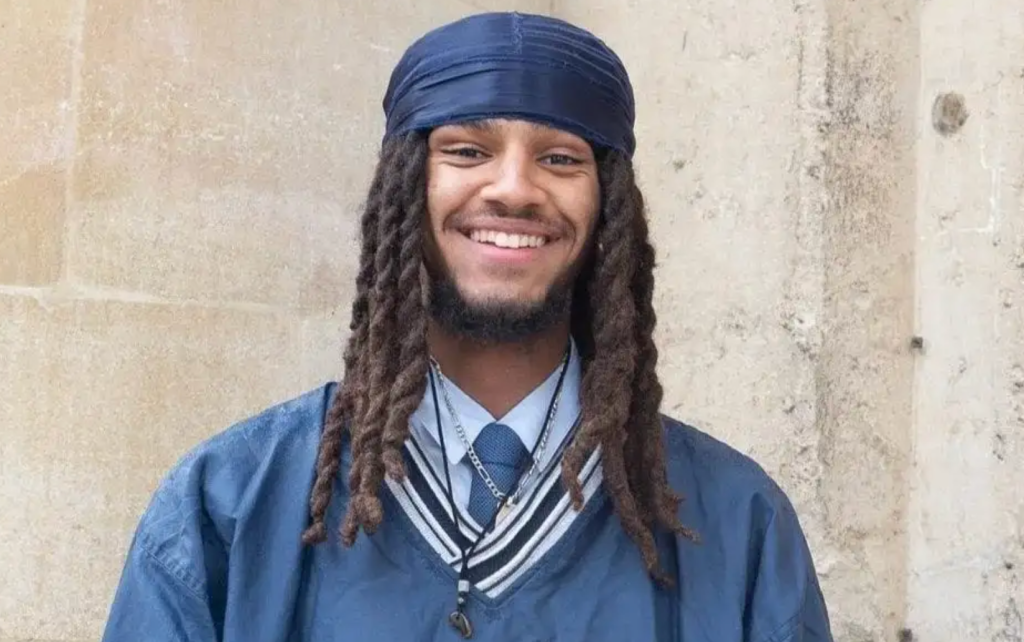







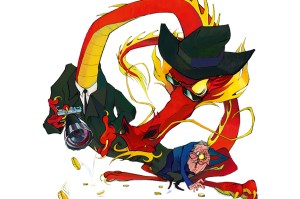
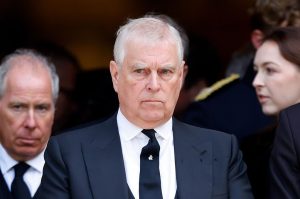



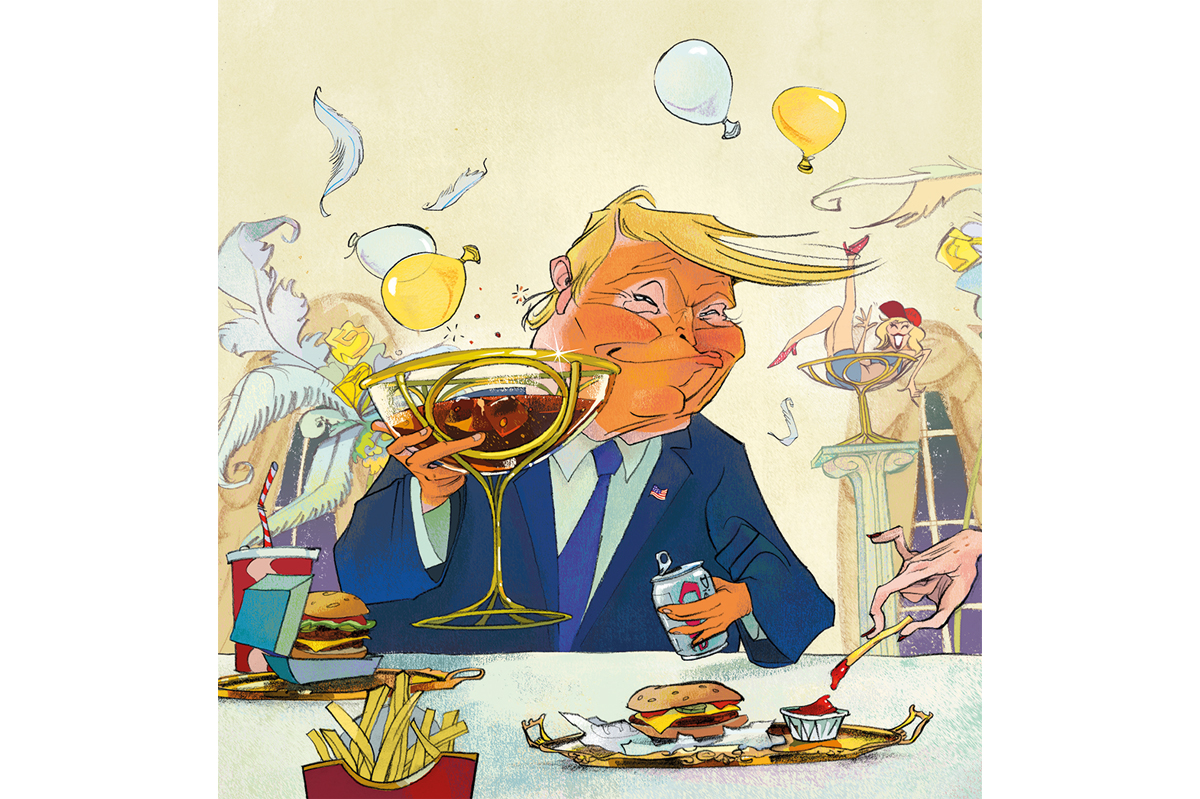
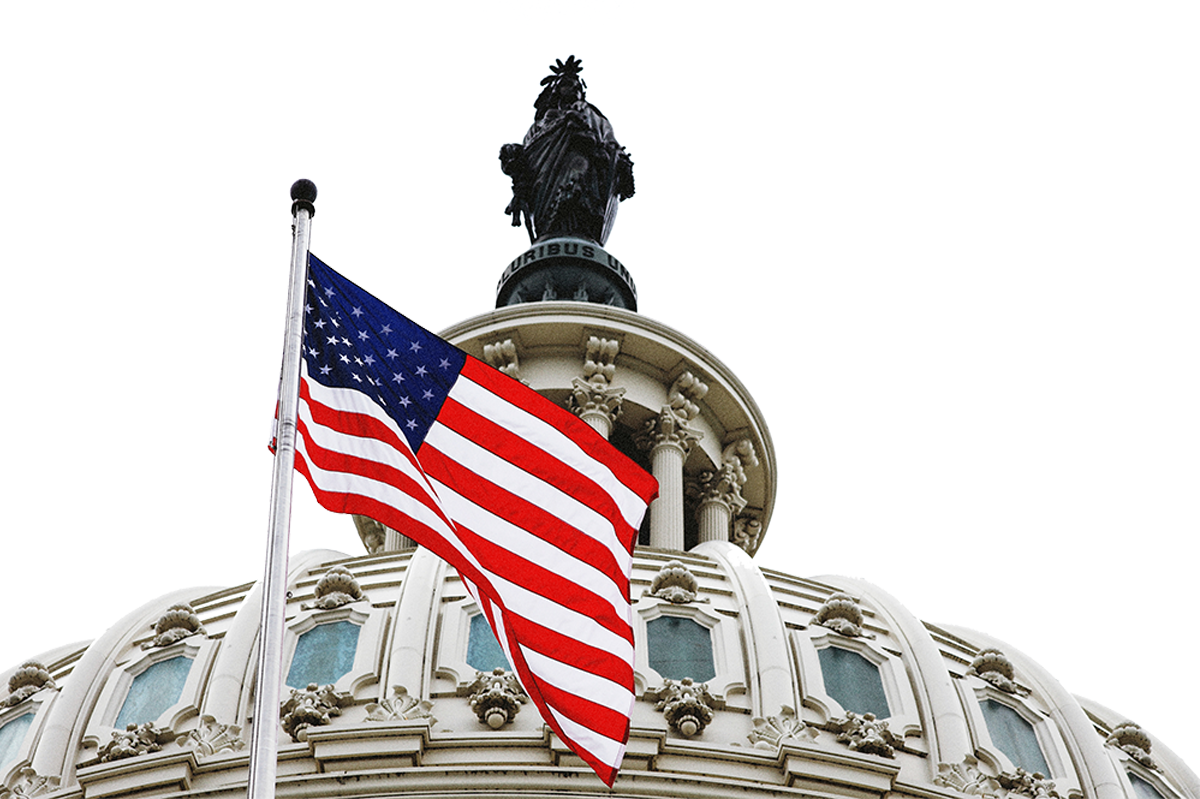
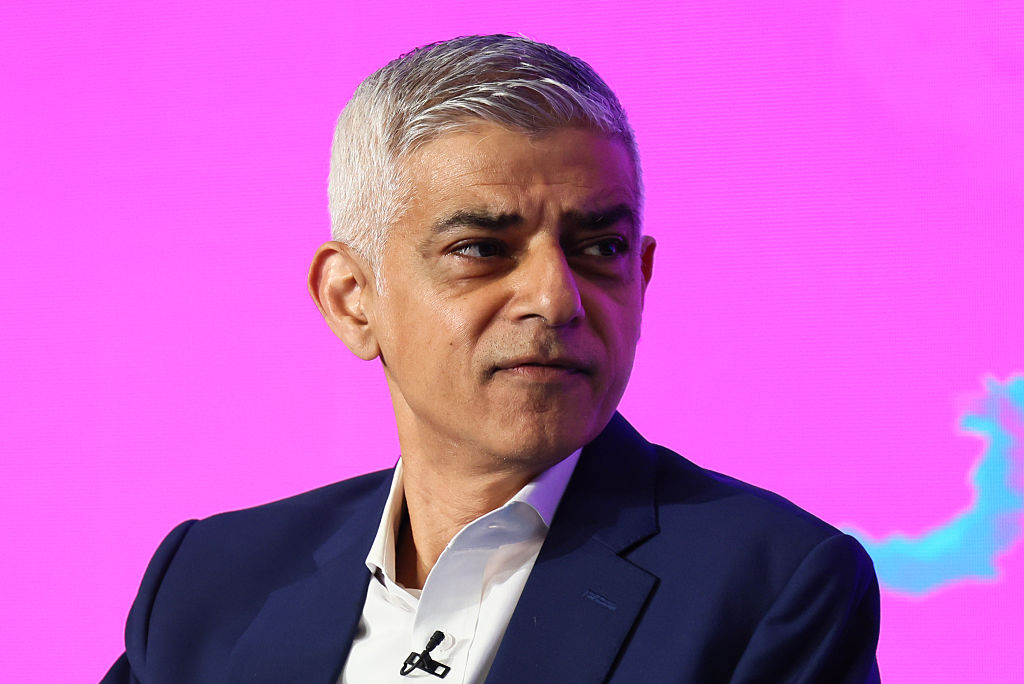







Leave a Reply